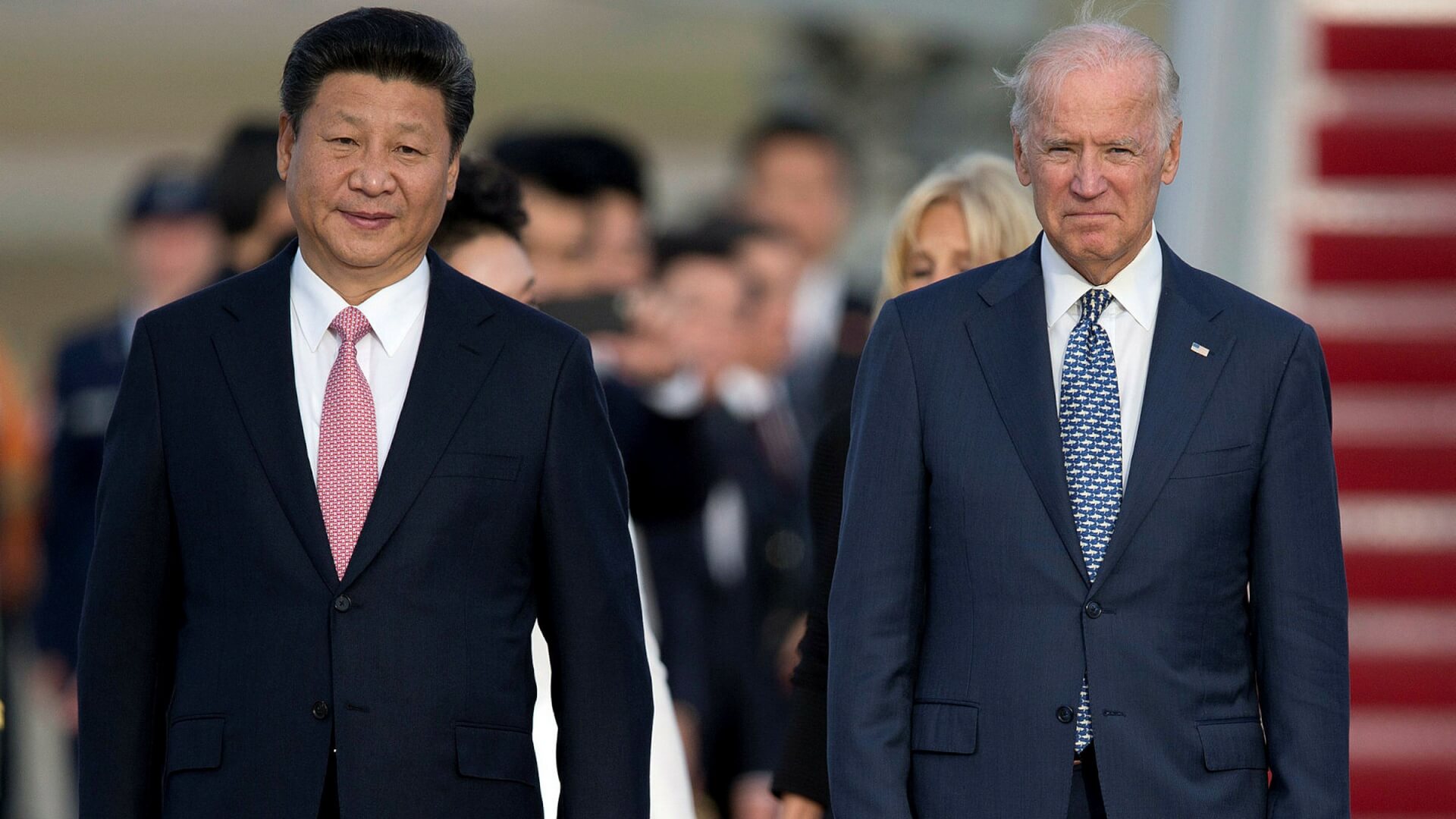United States (US) President Joe Biden said he spoke to Chinese President Xi Jinping and said that they both agreed to abide by the Taiwan Agreement as tensions worsen between Beijing and Taipei.
“I’ve spoken with Xi about Taiwan. We agree ... we’ll abide by the Taiwan Agreement...We made it clear that I don’t think he should be doing anything other than abiding by the agreement,” Biden told reporters outside the White House.
Biden seemed to be referring to Washington’s official stance of respecting the “one-China” policy, which recognises China’s status as the sole legitimate government of Taiwan and thus prevents the US from acknowledging that Taiwan is independent of China. In addition, the Taiwan Relations Act (TRA) is also considered to be the “cornerstone” of the US’ ties with Taiwan, the terms of which require the US to provide the island with the means to defend itself in case Taiwan’s peace is threatened.
Taiwan, which is claimed by Beijing as part of its own territory, has been complaining of increasing Chinese incursions into its airspace and waterways over the past two years. However, tensions between the two have escalated to an all-time high over the past week.
Last Friday, 38 Chinese planes flew south of Taiwan. On Saturday, an additional 39 aircraft into the self-governing island’s air defence identification zone (ADIZ), including day and night sorties, while 16 flew through it on Sunday. Beijing raised an even bigger alarm on Monday by flying 56 aircraft through the island’s ADIZ, making this China’s biggest incursion into Taiwanese airspace yet.
This recent spurt of activity has raised concern internationally among Taiwanese allies. The US condemned the series of incursions on Sunday, calling China’s aggressions “destabilising” for the region and reiterated the US government’s “rock-solid” commitment to Taiwan. “We urge Beijing to cease its military, diplomatic and economic pressure and coercion against Taiwan,” the US State Department said in a statement.
Apprehension regarding China’s aggressive behaviour is rising within Taiwan as well.
“They should remember that if Taiwan were to fall, the consequences would be catastrophic for regional peace and the democratic alliance system. It would signal that in today's global contest of values, authoritarianism has the upper hand over democracy,” Taiwanese President Tsai Ing-wen wrote in a Foreign Affairs piece published on Tuesday.
Taiwanese Foreign Minister Joseph Wu said Taiwan was “very concerned” that China “is going to launch a war against Taiwan at some point.” “We are very concerned [that] if domestic [in China] discontent or economic slowdown is getting very serious, Taiwan could become a target,” he told Australia’s ABC News.
Additionally, Premier Su Tseng-chang told reporters in Taipei yesterday that “Taiwan must be on alert” because “China is more and more over the top.” Echoing the sentiment, Taiwanese defence minister Chiu Kuo-cheng said today that Taiwan’s military tensions with China are “at their worst in more than 40 years.”
Taiwan has also been taking precautions on its own by expanding its defence budget every year. The ministry’s draft spending proposal was sent to Parliament for review on Tuesday. The document outlines that 64% of the money will be spent on anti-ship weapons such as land-based missile systems, alongside mass-producing home-grown missiles and “high-performance” ships.
Despite requests from Washington and Taipei, Beijing has so far shown no hint of backing down.
Biden Says US and China Have Agreed to Abide by Taiwan Agreement
Biden seemed to be referring to Washington’s official stance of respecting the “one-China” policy, which recognises China’s status as the sole legitimate government of Taiwan.
October 6, 2021

SOURCE: AP
